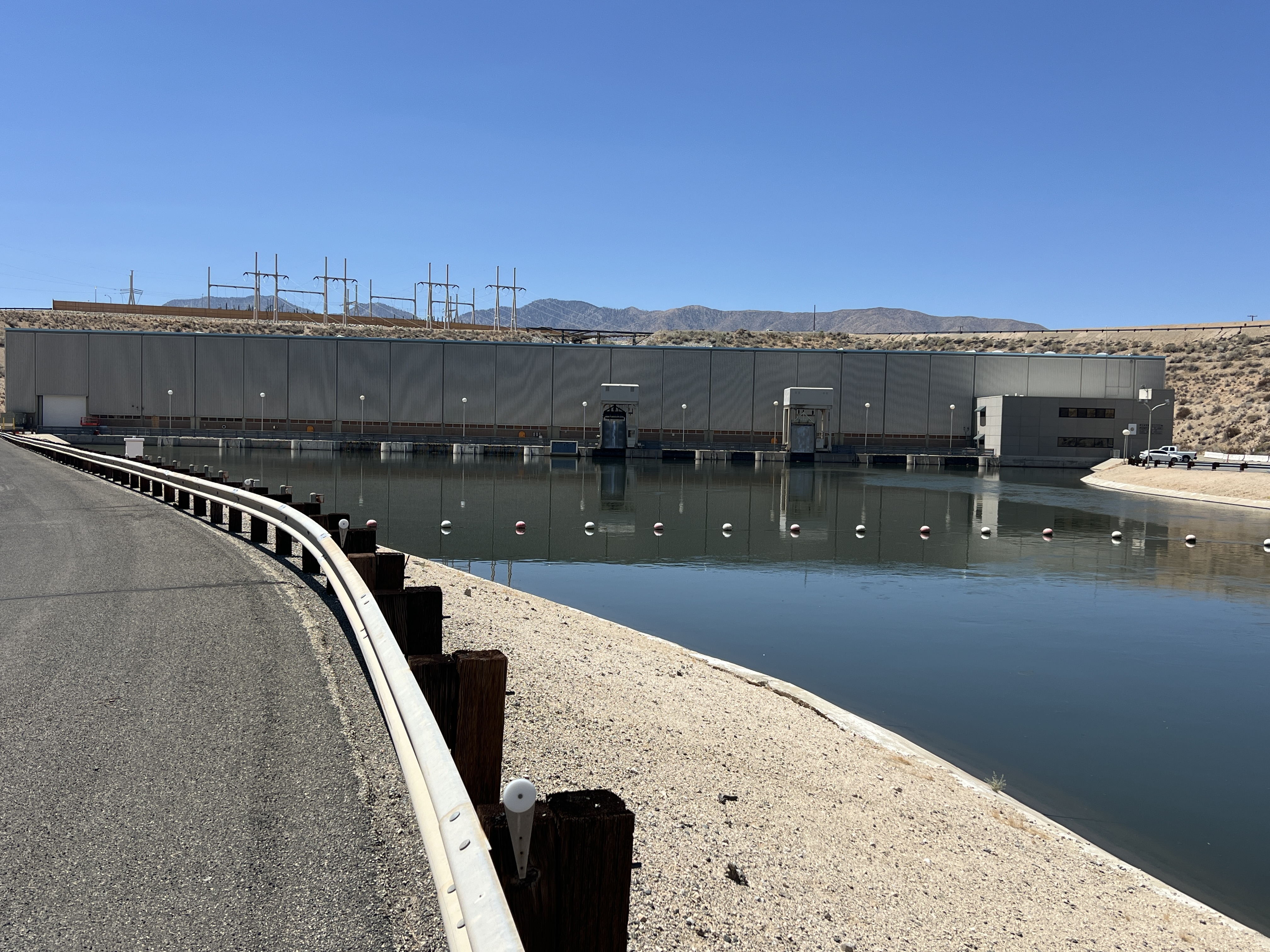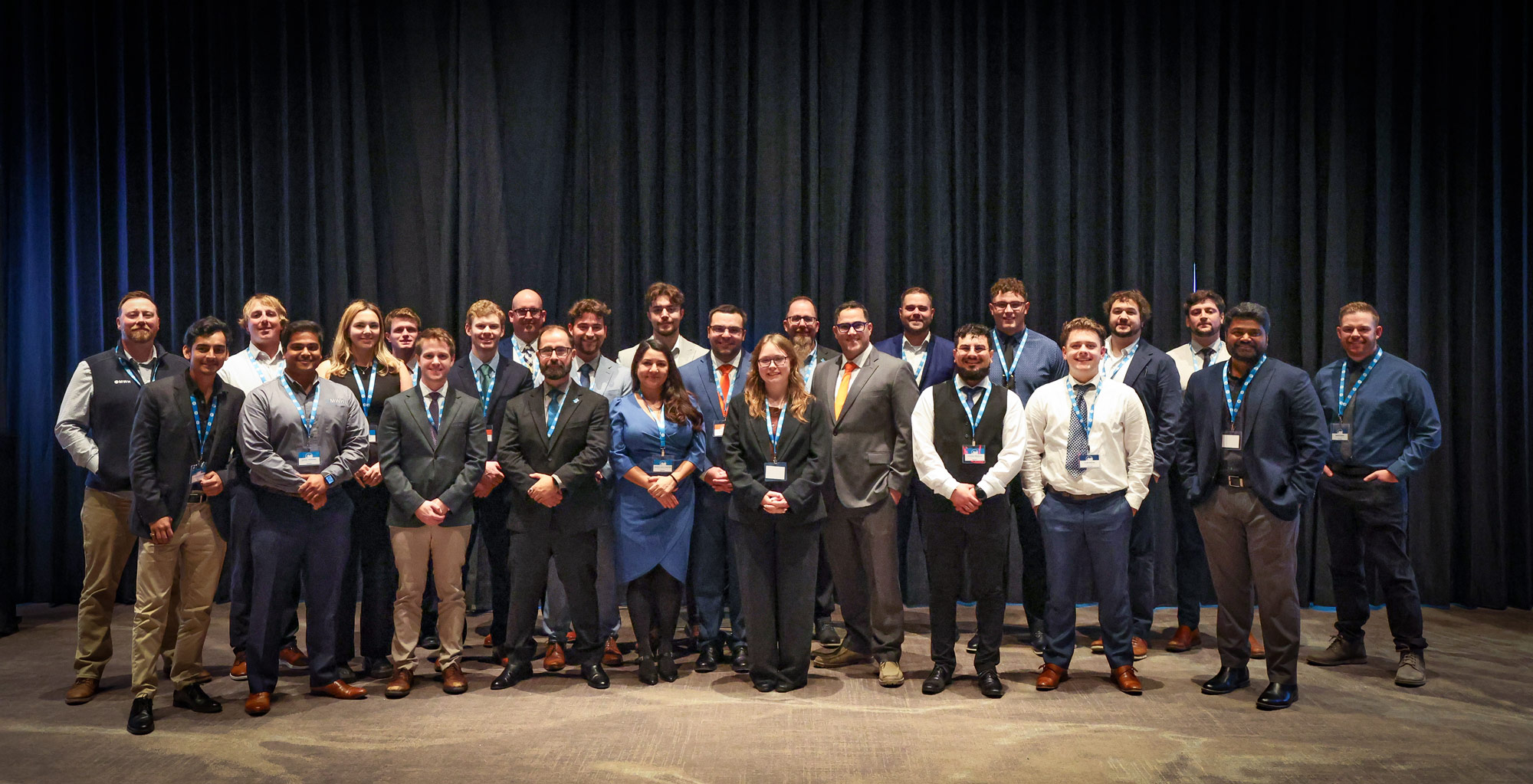
Upper Blackstone Water Pollution Abatement District awarded MWH this contract to provide construction management at-risk (CMAR) services for the Wastewater Treatment Facility (WWTF) Nutrient Upgrade Phase A Improvements project in Millbury, MA. Upgrades on this facility included upgrades to existing bioreactors, construction of a new magnesium hydroxide facility, installation of a new supplemental carbon system, upgrades to the electrical main service, and air pollution control improvements featuring regenerative thermal oxidizer (RTO) equipment.
All four bioreactors being upgraded needed to remain operational at all times between December and May, leaving a window of June through November for taking one bioreactor out of service at a time. MWH installed one of the new air pollution control units prior to demolition and sequenced the demolition work to maintain redundancy to the air pollution control system throughout the construction progress.
MWH worked with the Owner and Design Engineer throughout the pre-construction phase to provide input and fast-track an improved construction schedule to complete one of the bioreactor upgrades before the first winter. This created a schedule float and eased MOPO for the remaining three upgrades. This required early procurement of equipment with long lead times, so MWH worked with the Owner and Engineer to complete equipment specifications, issue these contracts, and deliver equipment on time. MWH also collaborated with the Owner and Engineer during the pre-construction phase to implement constructability ideas and ensure the project stayed within budget. For example, the design included a geothermal heat recovery system for the new magnesium hydroxide facility, which would have doubled the depth of excavation and required additional shoring. To address this challenge, MWH suggested considering alternative HVAC heat recovery means. This approach not only reduced excavation requirements but also minimized the risks surrounding structures and cut costs of work and of extended overhead in the schedule.
The new chemical facility included several design elements to showcase and test sustainable design options for future projects at the plant. These items include a vegetated roof, passive lighting, a heat exchanger system, and solar wall heating. Permeable pavers around the building were also installed to increase stormwater infiltration. The automatic temperature control system design will use warm air from the solar wall and recapture heat in the building to reduce heating costs in winter.
"MWH was the only proposal we received that came up with a sequence to shave a year off their schedule, and they delivered on that promise."





During the recent Breckenridge conference, talent from across MWH came together to share groundbreaking innovations and insights in Quality, Engineering, Safety, and Technology. The level of leadership, creativity, and expertise on display was nothing short of inspiring.
Read More
The MWH Breckenridge Conference featured 13 insightful presentations, recognizing standout contributions in engineering, innovation, and project leadership. Two teams were selected to join Obayashi’s training program in Tokyo.
Read More
MWH was awarded the 2023 ENR Intermountain Award of Merit in the Water and Environment category for the Logan Regional Wastewater Treatment Facility (WWTF). The award recognized the team’s hard work and dedication in completing the largest single capital improvement project for the City. Lance Ota, Project Manager, graciously accepted the award on behalf of the team.
Read More